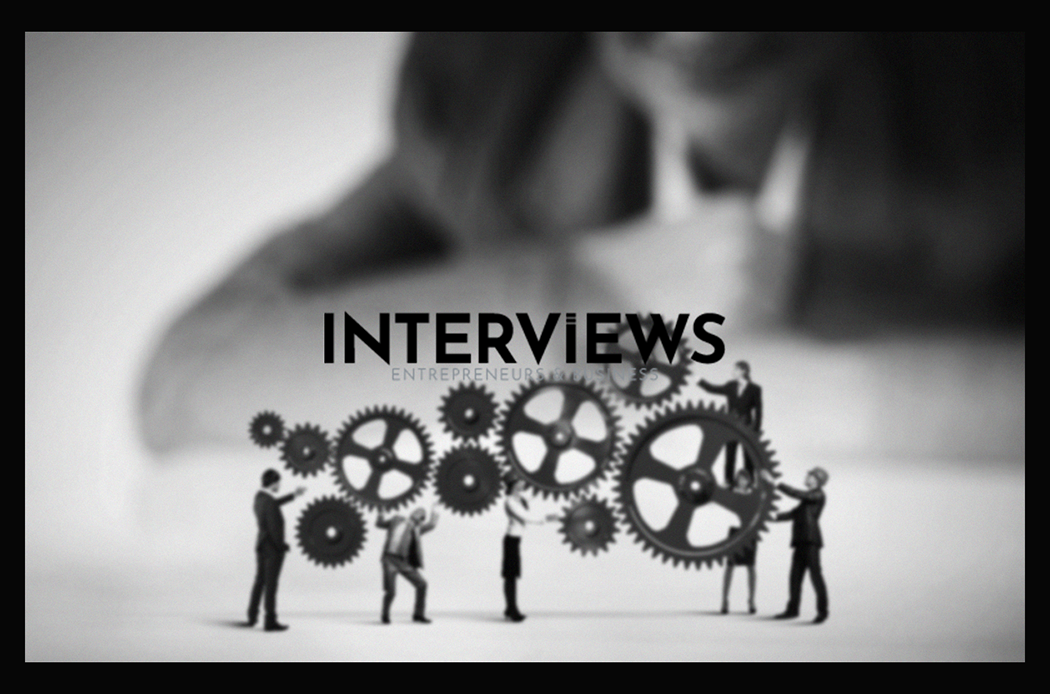Decoding the Wholesale License: Your Essential Guide to Selling Big
Ever thought of selling in bulk? You’ve seen “wholesale license.” Let’s clarify this document, often called a wholesale permit. We will explore what it is, why it’s needed, and how to get it without stress.
Good news: obtaining a wholesale license is typically easy. It resembles a lemonade stand permit – mostly simple yet official. But, there are steps. Gather your personal details, business info, some funding, and a touch of patience. Government paperwork is rarely fast.
What You Need to Get Your Wholesale License: The Nitty-Gritty
What do you need to secure your wholesale license? Let’s go through the essentials.
The Usual Suspects: Basic Requirements
- Personal and Business Information: This part identifies you and your business. It’s your introduction to licensing. They want to know who’s who and what the business is about.
- Funding: You must show you mean business. Having some capital indicates seriousness about wholesaling. It’s not about being wealthy but showing you’re prepared.
- Patience: We mentioned it before, but it bears repeating. Government processes can feel slow. Take a deep breath, maybe binge some shows, and let things unfold.
Stepping Through the Process: South Carolina as a Case Study
Steps can vary by state. Let’s examine South Carolina for clarity. This serves as your roadmap, even if you’re not in the Palmetto State. Common principles often align.
Step 1: Laying the Foundation – Business and EIN
- Establish Your Business Structure: First, determine what kind of business you’re starting. Will it be an LLC or a corporation? The structure is crucial. It’s like choosing your character in a game.
- Get an EIN: An EIN is an Employer Identification Number. Don’t worry if solo; it’s your business’s social security number for tax purposes. The IRS needs to track who is earning and paying taxes.
Your EIN provides more than a number; it’s your business’s federal ID. It marks your business as separate from you. It’s like giving your business an identity with the government.
Step 2: Paperwork Power – Applications and Documents
Ah, paperwork. The joy of bureaucracy. Here’s what you’ll need while referencing South Carolina’s requirements.
- Application for a Dealer or Wholesaler License (SCDMV Form DLA-1): This is your main form for declaring wholesaler intent to the SCDMV. Fill it neatly and fully – neatness may matter.
- Affidavit of Eligibility: Owners holding 10% or more stakes must fill this out. They swear under oath they can legally operate in South Carolina.
- List of Employees: Who’s part of your team? List all working for your wholesale business. Even if it’s just you and your dog (the dog might be more of a mascot).
- Proof of Insurance: Insurance protects you. You must prove that you have necessary coverage for your business. Consider it business airbags.
- Proof of Surety Bond: A surety bond guarantees integrity. It protects your customers and the state if you don’t follow rules. Think of it as a security deposit for trust.
- Proof of Meeting Local Requirements: Local ordinances vary by area. Ensure compliance with all requirements, checking with local authorities for surprises.
For non-franchise car dealers in South Carolina, an extra step exists: taking a pre-licensing course. This ensures everyone selling cars understands basics.
Step 3: The Final Submission – Sending it In
After gathering your paperwork arsenal, submit it to SCDMV in South Carolina. In other states, submit to the relevant agency for business licenses. Make copies for your records – you might need them later. Then, wait begins.
The Price Tag: What Does a Wholesale License Cost? (South Carolina Example)
Licenses come with costs, yet they are typically not prohibitive. Returning to South Carolina, here’s a summary of costs for various dealer licenses, which often include wholesale operations.
- 3-year Dealer License: (Retail, Wholesale, RV, Motorcycle) – $150. A three-year license for $150? Reasonable for legal operation and peace of mind.
- 1-year Dealer License: (Wholesale Auction Dealers only) – $50. Shorter term with a lower fee specific to certain wholesalers.
- Temporary RV Dealer License: (10 days) – $20. This suits short recreational vehicle wholesaling bursts.
- Dealer Plate: (Per plate) – $20. Extra plates for moving vehicles around.
Why Bother with a Wholesale License? Is it Really Necessary?
Great question! Why endure this hassle? In some states like South Carolina, it’s law to sell physical goods wholesale legally. If you’re dealing with tangible products intended for resale, a license is likely needed.
The legality of wholesaling varies state by state. Some states are stricter. For instance, South Carolina prohibits wholesaling real estate without a license if you don’t own the property. Check local regulations to avoid legal headaches.
License Not Your Thing? Alternatives to Consider
If you don’t want to navigate licensing hoops, other options exist in the wholesale sphere. Yes, alternatives are available if you’re buying wholesale instead of selling.
Buying Wholesale Without a Business License
You can often purchase wholesale as an individual for bulk buys. It may not be as direct as having a business account, but it’s feasible.
- Direct Contact with Wholesalers: Contact wholesalers directly via phone or email. Ask about their policies for individual buyers. Many accept individuals, especially for bulk orders.
- Trade Shows: Industry trade shows are great for connecting with wholesalers seeking sales from businesses or individuals. These events offer networking opportunities and deals.
- Online Marketplaces (B2B Platforms): Websites like Global Sources, DHgate, and Alibaba are online venues connecting buyers and suppliers globally, sometimes accommodating individual bulk buyers.
- Wholesale Clubs/Outlets (Membership May Apply): Think Costco or Sam’s Club for businesses. Some require memberships but offer wholesale prices and bulk purchases.
Even individuals buying wholesale might need proof of legitimacy, such as a sales ID or EIN. It’s how wholesalers ensure serious buyers approach them, not merely window shoppers.
Bear in mind that wholesalers specialize in bulk orders. They do not cater to small, retail-sized ones. Be ready to purchase larger quantities if pursuing wholesale avenues.
EIN: Your Business’s Federal ID Card
The EIN requires emphasis. An EIN or Employer Identification Number serves as your business’s federal tax ID. It’s your official government ID card for tax matters.
Why does it matter? It’s often essential for obtaining a wholesale license. If you still need an EIN, acquiring one typically starts the process. Additionally, if hiring employees, you’ll need an EIN. Generally, register your LLC before obtaining an EIN for proper linking.
LLC and Wholesaling: Is it a Must-Have?
LLC, or Limited Liability Company, appears frequently in the business context.
Is an LLC necessary for wholesaling? Not always. It’s especially true in real estate wholesaling. But it has benefits.
LLC benefits include liability protection, tax perks, and improved credibility. It is not legally required for wholesale purchases. Still, it’s a wise choice for serious operators. And you do not need to display “LLC” on your logo, just on documents.
If you have an LLC and a Reseller Permit, you can often buy wholesale without sales tax in the USA, especially if reselling. It’s a great tax benefit. Register your LLC before applying for that EIN. But if selling online, you don’t need an LLC to start. It’s mainly about risk and structure.
Understanding Wholesale and Retail
Let’s clarify wholesale and retail.
- Wholesale: Selling to businesses, retailers, or resellers. Business-to-business.
- Retail: Selling directly to consumers. Business-to-consumer.
Profit margins differ. Wholesalers typically make 10-30%. Retailers seek 20-50% over the wholesale cost. Volume versus markup matters.
Launching Your Wholesale Venture: Initial Steps
Ready to enter wholesale? Here’s a checklist.
- Decide What to Sell: What items will you focus on?
- Choose Your Type: What wholesaling model will you use? Distribution? Manufacturing?
- Define Target Market: Who will you sell to? Narrowing focus is important.
- Find Suppliers: Locate manufacturers or suppliers of your chosen products.
- Paperwork: Complete legal and licensing documents.
- Sales and Marketing Plan: Plan how to reach business customers.
Keep costs in mind. Inventory, permits, licenses, insurance, marketing, and staffing add to your expenses. Analyze the market, select the right model, find a location (if needed), choose suppliers well, optimize channels, promote effectively, set pricing strategies, and utilize technology.
Wholesaling: Profitability Explained
Can you profit from wholesaling? Yes. Wholesaler salaries range from $62,500 at the 25th percentile to $112,000 at the 90th percentile. These figures may vary based on many factors.
Profit per deal can fluctuate. Low-end profits could be $2,000 to $5,000 per transaction. Average profits are often between $5,000 and $20,000. Many wholesalers have built million-dollar businesses through effective strategies.
Want profitable wholesale niches? Consider organic produce, groceries, home décor, gardening supplies, kitchenware, eco-friendly products, or pet supplies. These can inspire your entrepreneurial journey.
Wholesale Selling on Amazon
You can sell wholesale on Amazon. You can source products from brands, manufacturers, or distributors and sell on their platform. Fulfillment by Amazon can assist with storage and shipping.
Here’s how to sell wholesale on Amazon:
- Set Up an Amazon Seller Account: Register as an Amazon seller first.
- Find a Hot Product: Identify high-demand items with resale potential.
- Source Your Product: Find reliable suppliers—brands, manufacturers, or distributors.
- List Your Product: You can add it to Amazon. Use existing listings or create a new one.
- Consider FBA: Use Fulfillment by Amazon for storage, packing, and shipping.
- Amazon Business for Bulk: This allows sales in case packs or pallets for large customers.
State Regulations: Focus on South Carolina
State rules differ. Let’s look at South Carolina.
A wholesale license is necessary for sales of tangible goods. A dealer license costs $150 for three years. If selling cars, obtain a dealer license for over five vehicles yearly. A retail license costs $50. SC lacks a general business license at the state level.
Real Estate Wholesaling: A Different Market
Real estate wholesaling is unique and can be complex in some states. California requires licensing for those marketing properties or advertising services. Know local laws.
How do real estate wholesalers earn? They profit from the price difference between seller contracts and buyer payments. It is about finding deals and connecting parties.
This overview touches on wholesale licenses, costs, requirements, and profitability. Understanding licensing is crucial for success in wholesale ventures. Now go and conquer wholesale markets!





